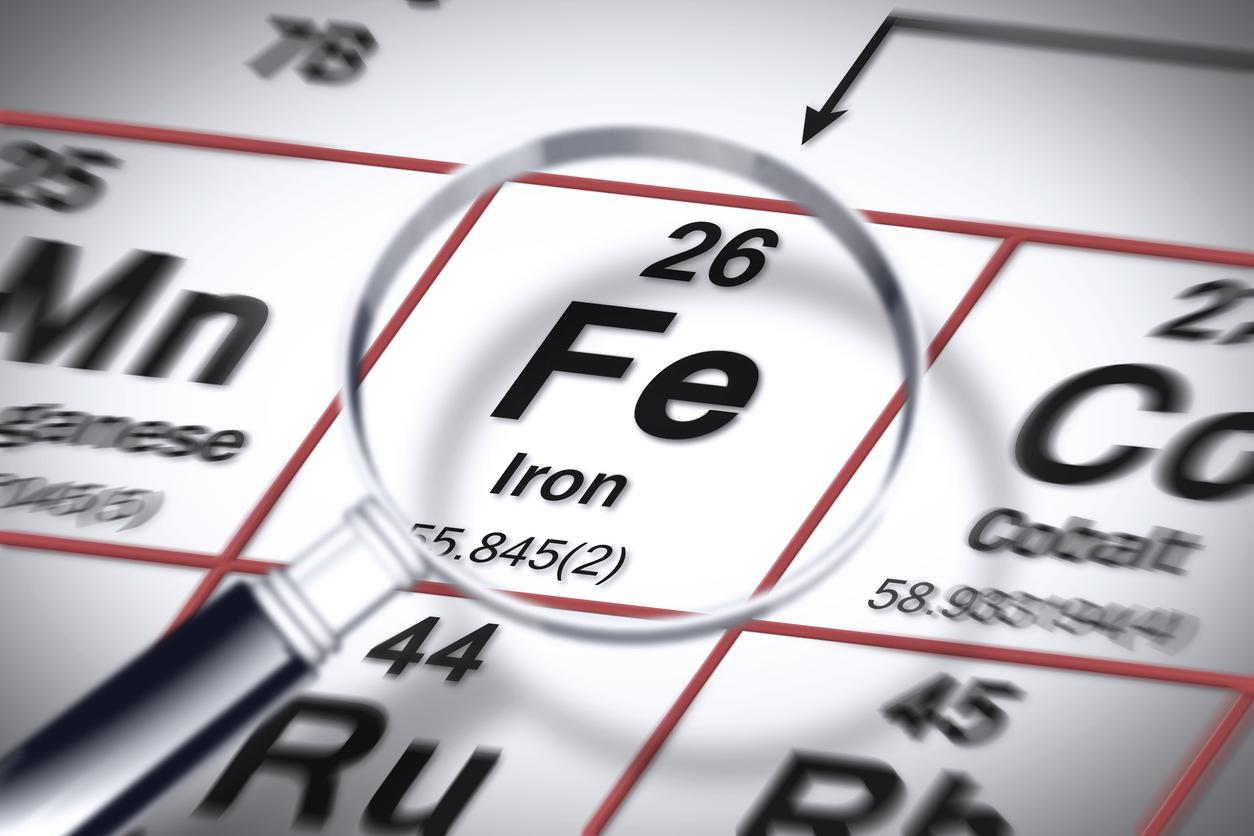October 7, 2003 – The physical, emotional and cognitive skills of children with iron deficiency develop less quickly than those of others, if we are to believe the results of a study conducted by American researchers.
For this study1, the researchers recruited more than 1,600 Chilean six-month-old infants without anemia and assigned them either to a group that received iron supplements or to the control group that did not.
Six months later, the researchers found that 22.6% of children in the control group now suffered from anemia, compared to only 3.1% of children who received supplements. They also detected differences in the motor and cognitive development of the two groups.
Thus, the children in the control group seemed to absorb information more slowly, showed less affection, were less likely to interact socially with other children and paid less attention to the emotions of those around them.
In addition, they were less likely to assert themselves (for example, by refusing to let a toy be taken away) or to be comforted by words or objects. They finally started to crawl later than the supplement children.
The researchers conclude that children may derive cognitive, emotional and motor benefits from taking iron supplements during their first year of life, since iron is essential for the proper functioning of the central nervous system.
The Canadian Pediatric Society recommends exclusively breastfeeding infants up to four or six months of age, otherwise infants fortified with iron. The risks of iron deficiency are often higher if the child drinks too much cow’s milk.
Jean-Benoit Legault – PasseportSanté.net
According to Medscape; October 6, 2003.
1. Lozoff B, De Andraca I, Castillo M, Smith JB, Walter T, Pino P. Behavioral and Developmental Effects of Preventing Iron-Deficiency Anemia in Healthy Full-Term Infants. Pediatrics 2003 Oct; 112 (4): 846-854.















